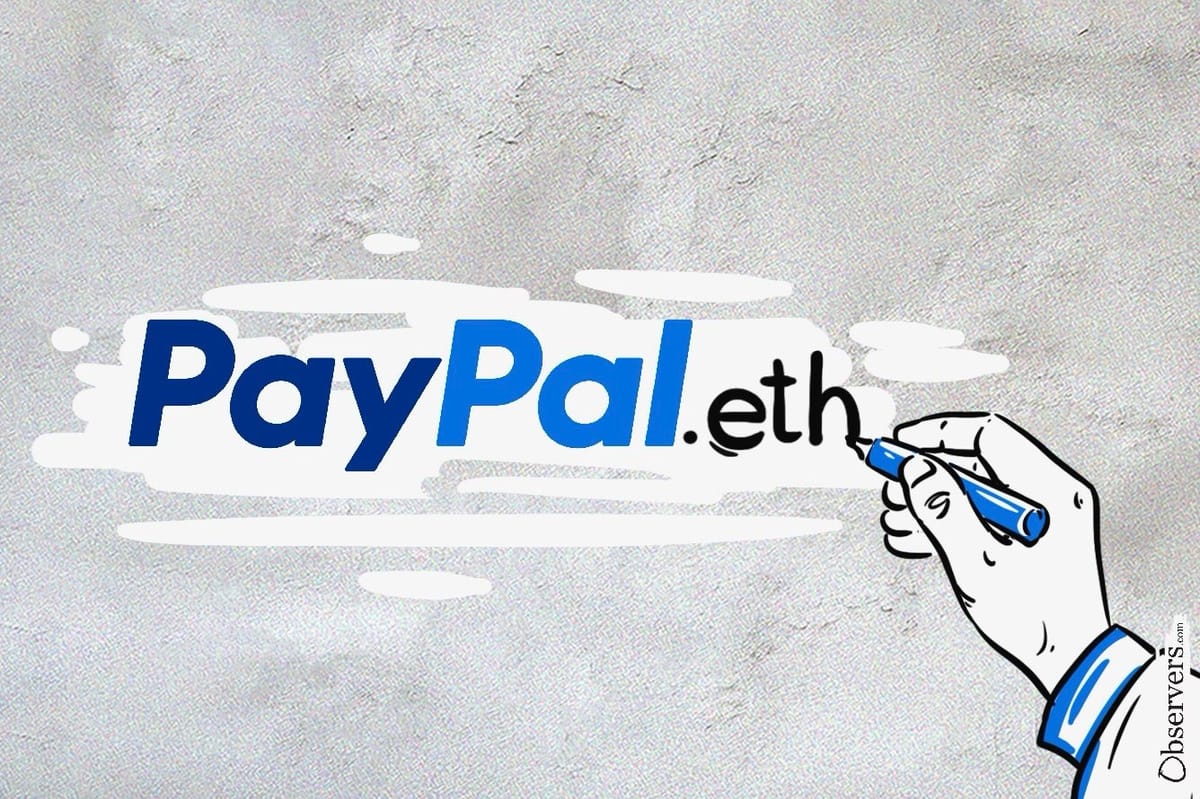
North American users of Paypal and Venmo can now send crypto by simply typing the Ethereum Name Service (ENS) domain of the receiver's wallet.
Intended to speed up transactions, the support for the decentralized naming protocol announced on September 10 includes an "Address Book" feature that lets users save and recall their most frequently used ENS names and wallet addresses.
Venmo's brand is all about simplicity and ease of transaction. The payment service app, which has been owned by PayPal since 2013, allows users to split their bills and transfer funds to each other.
While the app is only available in the U.S., since PayPal's stablecoin PYUSD was introduced in August last year, users can send crypto from the U.S. to foreign PayPal accounts.
Why Do Naming Protocols Matter?
Naming protocols have the same function as the domain names for internet addresses but are based on decentralized smart contracts to serve blockchain addresses.
The Ethereum Name Service, almost as old as the network itself, translates addresses of the Ethereum blockchain and all secondary layers into human-readable names.
This makes the ecosystem more user-friendly by allowing users to save time in remembering and sharing long crypto addresses.
Naming services can be used to direct to wallets, websites, metadata, or any other type of record hosted on-chain. They can exist individually or have a set of linked Subnames.
While almost any other blockchain has its own naming service, ENS is by far the most established due to the popularity of Ethereum and all of its layer 2's.
Bit by Bit, Paypal Is Becoming A Crypto Company
"We are interested in blockchain because we are interested in payments."
PayPal's journey with crypto started in 2014 when it made it possible for online vendors to accept payments in Bitcoin.
In 2020, the third largest payment company, following Visa and American Express, integrated crypto payments into its website.
In 2022, it started allowing users to make crypto transactions from external blockchain, and by August 2023, it launched its stablecoin, PYUSD.
Upon launch, the dollar-pegged token was heralded as a "watershed moment" for both crypto and traditional finance, but its first few months out of the gate were disappointing.
In recent times, thanks to a new incentive scheme and expanding support for PYUSD on Solana, the stablecoin has been gaining momentum among users. During the weekend of August 24, it surpassed the $1 billion market cap threshold.
Adding ENS is another step in PayPal's very long crypto journey, as the "transformation of payments will take time."
Interviewed in May, PayPal's head of Crypto, Jose Fernandez da Ponte, estimated that they are currently on "year 4 of a 10-year journey" to change the worldwide rails of money.
According to the payments company's executive, mass adoption is not something to expect in the short term. For now, crypto is being used to solve very urgent pain points of the international payment system, such as the cost and settlement speed of remittances, the lack of access to hard currencies in business-to-business cross-border transactions, and the high user payment fee barriers that limit the growth of digital creator initiatives.
"We are seeing emerging use cases that we want to nurture, and we want to be a part of," said Da Fonte.

